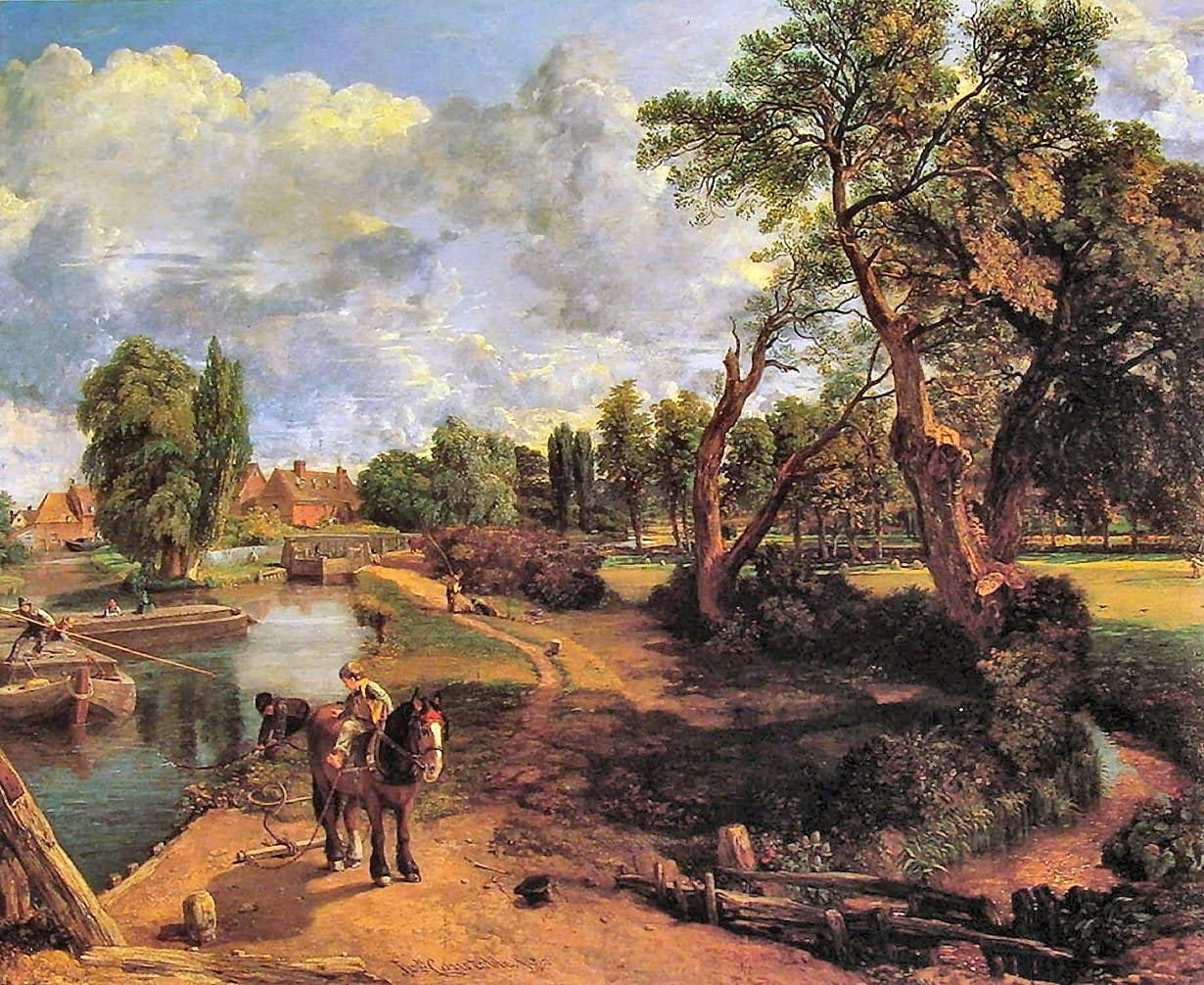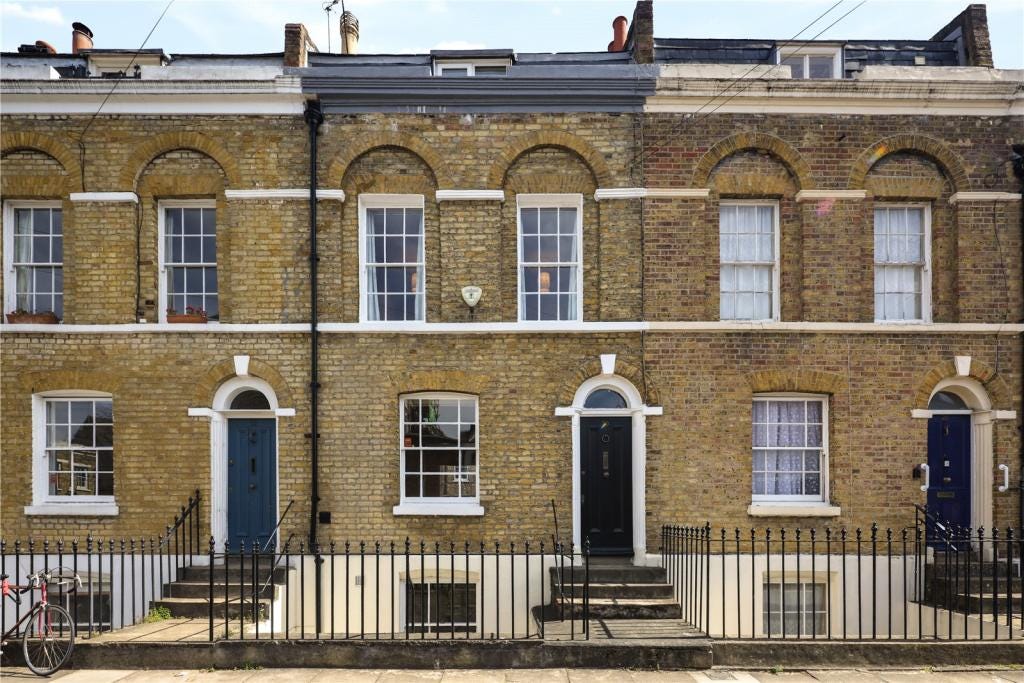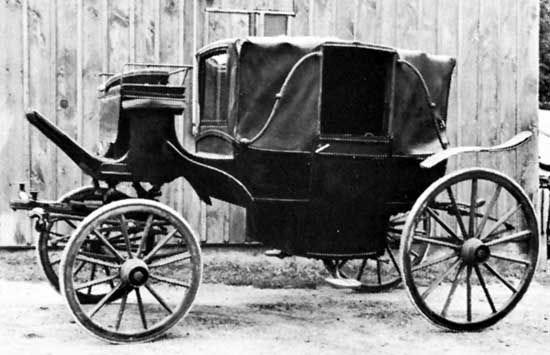The slightly gold shade of many buildings lends them a warm and distinctive elegance that lightens the winter gloom. Properties before me stand symmetrical and precise. I see no litter. I hear only light footsteps and birds chirping sweetly. I am calm as my breath joins the cold crisp winter air. Today, I have time to think. It is serene here. For many of us, it is not often that the pace of life slows down quite like this. I am at one of my favourite places. A door opens at the front of a Georgian property. I walk towards it. The building sits neatly in the corner of the square. It fits seamlessly into a row of tidy terraced dwellings. I look up, and familiar words etched in gold letters step in front of a deep blue background. The words softly illuminate the surrounding area. It would be nice if more places in London were like this.
I step inside, and pictures and paintings adorn the walls. A batsman awaits a delivery. Another depiction reveals a lush green and rows of top hats worn by a well-dressed audience; pigeons walk across an outfield. The birds are minuscule compared to a grand pavilion towering above them. A fast bowler runs in front of the pavilion intensely. Inscriptions on the wall attest to the stories that inspired the art.
I look to my right and see two people exchanging pleasantries. I say hello to a person behind the bar and order an ale. The drink is dark and bold with pleasant toffee notes. It is a welcome change to the drinks sold by most pubs. Sometimes, a quiet pint at lunchtime is a pleasure I appreciate. It goes down better when I have not got to go back to work for a few days yet. As I sip, I take notice of more pictures on the wall. Rolling hills, quaint cottages, and towering oak trees are seen aside colourful flowers swaying languidly. This pub is small. It is only about the size of a classroom. It is distinctive. It has character. It blossoms with so much culture. It is quintessentially English.
I finish my pint and walk out of the pub. The area is starting to fill. Friends are playing a variation of bowls on the square. Some sip wine, some have crates of beer, and I hear pleasant English voices. The intercourse between people is polite, and everyone respects personal space while maintaining reasonable noise levels. The atmosphere is one of fun and respectful order. I belong here. I plan to be here again soon. I round a corner and make the short walk to return to my family. I am spending a couple of days away from home.
I walk indoors and grasp one of the presents I received over the festive period. I open the wrapping paper. A package displays the title ‘World Beers'. One bottle contains Stella Artois, another Holsten Pills, another San Miguel, and another a Japanese beer that is not Asahi. I take a few seconds to register that I am happy to receive this gift, but I am a tad bemused. When people talk about things coming ‘‘from all over the world’’, it is often to invoke an experience beyond the customary and beyond what is immediately at hand or near. I cannot blame those who compiled the pack for false advertising. The beers are from all over the world. However, the Japanese beer aside, nothing is novel about the gift. I know the pack did not explicitly promise novelty, but to me, its title implies a divergence from the norm. I recognise that the beer pack reveals something of reality today. Words like 'global' and 'globalism' often signify humdrum truths; rather than what is rare or difficult to obtain from afar.
In Britain, we can get Stella, and San Miguel in almost all corner shops, supermarkets, and pubs. Many shops stock Holsten Pills. Today, these three beers are all brewed in the UK. I think a pack of beers with a more parochial theme would offer the sense of novelty that my gift lacks. Beers from Cornwall, Suffolk, Sussex, and Surrey could form an unfamiliar set. It is often the case that national indulgences are rarer than foreign ones; such is the way of an increasingly globalised world.
This dynamic extends to recreation marketed today. Dance offers a glaring example. You are likelier to see Salsa, Zumba, and Latin and Ballroom dances promoted than English folk dancing or other northern-European entertainment. Zumba seems to have captured the Weight Watchers demographic of times gone by. Such developments, harmless in and of themselves, contribute to a deracination when combined with similar trends.
There is a general tendency among middling professional white lefties and normies to genuflect when presented with expressions of any culture except their own; this manifests in a gooey-eyed presentation when listening to someone speak about their non-British background and “unique perspective’’. It really is a spectacle, they grin gleefully, and their eyes glaze with the joy befitting a parent enthralled by the first tentative footsteps of their child.
At the lower end of the social scale, the impact of the relegation and denigration of the national culture is frequently laid bare. A bastardised urban language attacks English convention. I have come across this speech all too often. It befouls the air, a horrible whiny sound sometimes accompanied by a lazy drawl or groan, heralds the fecklessness of the speaker. Its sonority obtrudes. It revolts, repels, and saddens reasonable people. This sullies auditory life for people who respect and appreciate English spoken pleasantly in what were once more familiar tones.
In this hell hole, denizenn beggars accost people while jealously guarding cans containing strong alcohol. These scenes routinely feature in a cesspit witness to a breathtaking array of depravity.
In the UK, most people participate in a homogenised global culture, variations of which exist in other countries. It is epitomised by: Netflix, You Tube, Amazon, a generic set of musical playlists, brands that peddle dreary and slovenly leisurewear, yet another warehouse, endless processions of poky fried chicken and pizza takeaways, a range of celebrities who broadcasters and publications demand we give a toss about, astroturfed movements that the media use to prod the herd into obedience, and institutions and employers that employ a range of generic and meaningless platitudes. When responding to those questioning things, bovine conformists slavishly say, “We live in a globalised world now.” Such words signify the docile conformity of cattle willingly corralled. We may live in a globalised world but do not deny yourself agency in striving to limit, if not efface, its uglier aspects.
With the expansion of a major brand, there can be social, moral, and cultural costs. A proliferation of fast-food outlets on a given street will have a detrimental impact. It is often the case that such places are unappealing. Public health concerns provide another reason to stop the advance of these shops. Inordinate numbers of takeaway outlets limit the potential for populations to enhance their social and cultural life as less space exists for other uses.
It is not just takeaway outlets that can have a detrimental effect on the public space. When hearing that another Tesco mega-store is about to open, some may unflinchingly accept the development as a part of the natural order of a beneficial free market. However, negative aesthetic consequences can follow such designs. Large brands grow and bring familiar signage that homogenises our visual experience. Inevitably, a large car park and rows of cars accompany a sizeable shopping outlet. Seldom does a contemporary car please my eye. Landaus and old cars are another matter. A recrudescence of these forms would restore a long-lost elegance to our streets. Maybe in the future, new technology will combine with exhumed styles.
As you have probably worked out, I am against an unfettered free market. Considerations of health and well-being, cultural life, national character, and aesthetics should support policy on the use of public space. Wishful thinking, I know.
A week or so after my stop at the pub and thoughts following my gift of beer, I am thinking along the same lines again. I am en route to meet a friend in Croydon, south London. I do not live in the best place, but I am thankful I do not live in Croydon. It is worth setting the scene.
Croydon is a hellscape, and the town centre is particularly warped. It is riven with awful postmodern architecture that supports its generally postmodern, cultural-Marxist, and globalist image. A lack of civility manifests on the streets with the random, loud, and incomprehensible wails of imbeciles. A cacophonous babble of a range of tongues cuts the air. Croydon is an up-and-coming location for accelerating knife crime and features running knife battles on the upper decks of buses coming from this Sodom. In shop windows, diagonal red lines in red circles cut across images of knives. Here, the no symbol advises people not to stab. A brief visit will likely expose you to the most dreadful “music” and piles of shit strewn across the roads of this refuse heap. Rats feast on food amply provided by umpteen pizza and fried chicken outlets. In this hell hole, denizen beggars accost people while jealously guarding cans containing strong alcohol. These scenes routinely feature in a cesspit witness to a breathtaking array of depravity. The ghastliness of this grotesque area is no doubt seared into the mental annals of decent people who happen to fall upon this dystopian abyss.
I arrive at this place early, with some time to kill. I hear a cacophony of discordant tongues. Alcoholics holding cans edge towards pedestrians and ask for money. An irate pair hurl insults at each other and square up. People clamber to get on a bus. An obese woman sits at a bus shelter and yells, ‘‘Drive the fucking bus! Drive the fucking bus!’’ Some people turn around and look at her; most pay no attention. People continue to board the bus, and the obese woman keeps howling into the street before moving fast towards the vehicle. Barrelling beyond commuters onto the bus, she throws her fist at the screen that separates the public from the driver. A thud sounds as the screen snaps back. Following this show of force, she shouts, ‘‘Drive the fucking bus!’’ She walks off the bus and sits under the shelter before wailing incantations. Someone else starts to yell from across the road. The obese woman shouts back while jabbing her fist skyward. I pass people who eat fried chicken out of cardboard boxes. Drizzle descends. The sky turns grey.
I enter a coffee shop, and I sigh, feeling deep relief. Thankfully, the place is more agreeable than outside. I buy a coffee, sink into a soft chair, and open a book. Peace ensues. Taking a sip shortly into my visit, I look outside through the shop window and notice a man in a hooded sweatsuit jogging on the spot. The individual turns towards the shop. He then stops, bringing his hand towards his crotch, placing it under his leg-wear before his leg-wear thrusts out, then in, then out. Worryingly, at least for me, he is looking in my direction. I cannot believe what I am seeing. After a few more thrusts, he resumes jogging on the spot. To my disappointment, he remains facing me. He pulls out a cigarette, lights it, takes a few puffs, and stops jogging. I put my book in my bag and my cup on the counter. I need to leave the vicinity pronto…..
To be continued.






